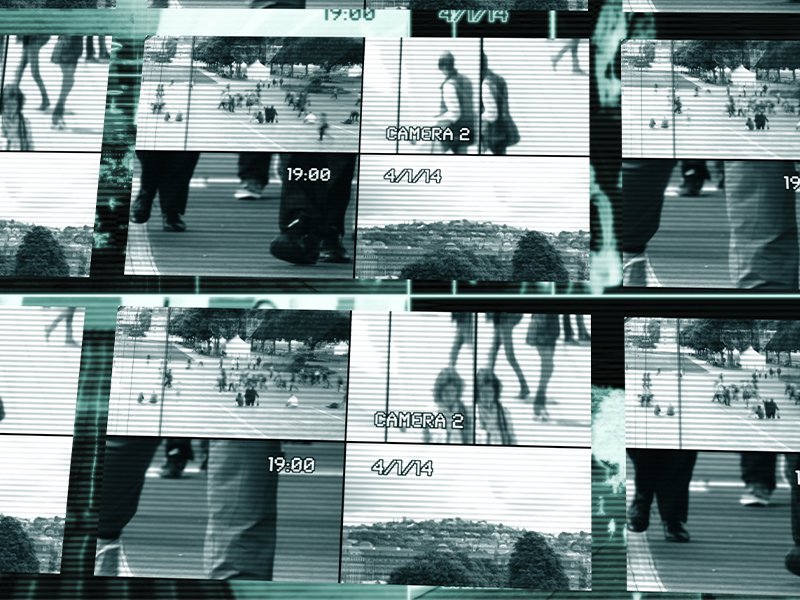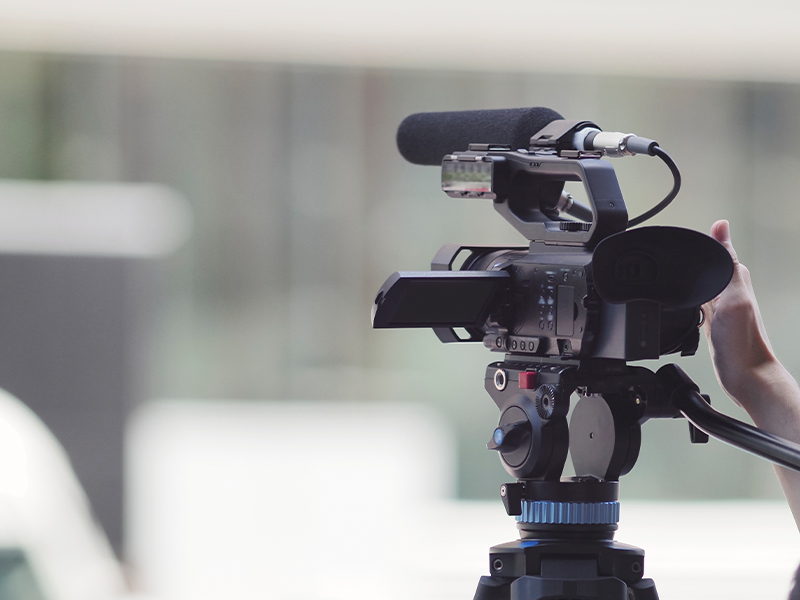If you’ve ever found yourself engrossed in a courtroom drama, you’ve probably been captivated by the intense cross-examinations and emotional testimonies that unfold. Well, as someone deeply involved in the evolving landscape of the legal sector, let me tell you that the reality of interviewing witnesses is far more complex, yet equally fascinating. One innovation transforming this critical aspect of law is the use of video for witness interviews, a game-changer that offers remarkable advantages over traditional approaches.
Harnessing the Power of Visual Memory
Firstly, the psychological implications of video are considerable. Human beings are inherently visual creatures, with studies suggesting that people remember about 20% of what they read but as much as 80% of what they see and do. Video interviews capture the subtle nuances of facial expressions, voice modulations, and body language. These are invaluable for juries and legal teams alike, who can revisit the footage to gauge the witness’s credibility and demeanor more accurately.
Enhanced Accessibility: Bridging the Gap
As we’ve learned especially in the wake of the COVID-19 pandemic, technology enables accessibility. Imagine a crucial witness residing overseas or someone too ill to travel; video interviews make it easier for these individuals to participate in the legal process. With high-definition video and clear audio, we’ve moved past the days where poor connections could jeopardize a testimony. Not to mention, it saves time and reduces the logistical hassle of coordinating schedules for physical interviews.
The Freedom to Revisit: Accountability and Analysis
Remember the times you wished you could replay an important conversation to catch details you missed initially? With video interviews, legal teams can do just that. This option to revisit testimonials fosters a more thorough analysis and allows for enhanced accountability. In instances where witnesses might backtrack on their statements, video records serve as an unalterable baseline that prevents ambiguity. This holds true for investigators, attorneys, and even the witnesses themselves.
Streamlined Case Preparation: A Boon for Attorneys
From a practitioner’s standpoint, video interviews are a godsend for case preparation. They can be tagged, annotated, and integrated into software platforms that organize case evidence. Lawyers can easily sift through video clips to find specific statements or behavioral cues that may be vital during trial. In essence, it’s like having an interactive playbook that can be tailored to different courtroom scenarios.
Public Engagement and Transparency: The Societal Impact
The use of video also has broader societal implications. For high-profile cases, witness interviews can be made public (if legally permissible), thereby fostering a sense of transparency and public involvement. As someone committed to legal advocacy, I can attest that public engagement often fuels conversations around justice and reform, which are critical for societal progression.
A Word of Caution: Ethical and Technical Considerations
While video has manifold advantages, it’s not without its pitfalls. Concerns about hacking and unauthorized access to sensitive information are valid in an increasingly digital world. Moreover, the quality of video—both visual and audio—must meet certain standards to be deemed admissible in court. As a practitioner or even as a citizen interested in law, these are challenges that we must collectively address.
Final Verdict: Embracing the Future While Staying Grounded
As we delve into this brave new world where technology and law intersect, it’s essential to maintain a balanced perspective. Video interviews don’t replace the need for skilled questioning by attorneys or the gut instincts that come with years of legal experience. They are tools that, when used correctly, can elevate the quality of evidence and, consequently, the pursuit of justice.
So the next time you’re following a case or happen to sit in a courtroom, keep an eye out for these technological shifts. They’re not mere bells and whistles; they’re instruments of justice, reflecting the evolution of a system rooted in age-old principles yet adapting to the demands of the modern world.
Whether you’re a legal scholar, a practicing attorney, or someone intrigued by the judicial system, the integration of video in witness interviews is a compelling development that merits your attention. After all, the aim of any justice system is to seek the truth, and video technology is proving to be a potent ally in that quest.





